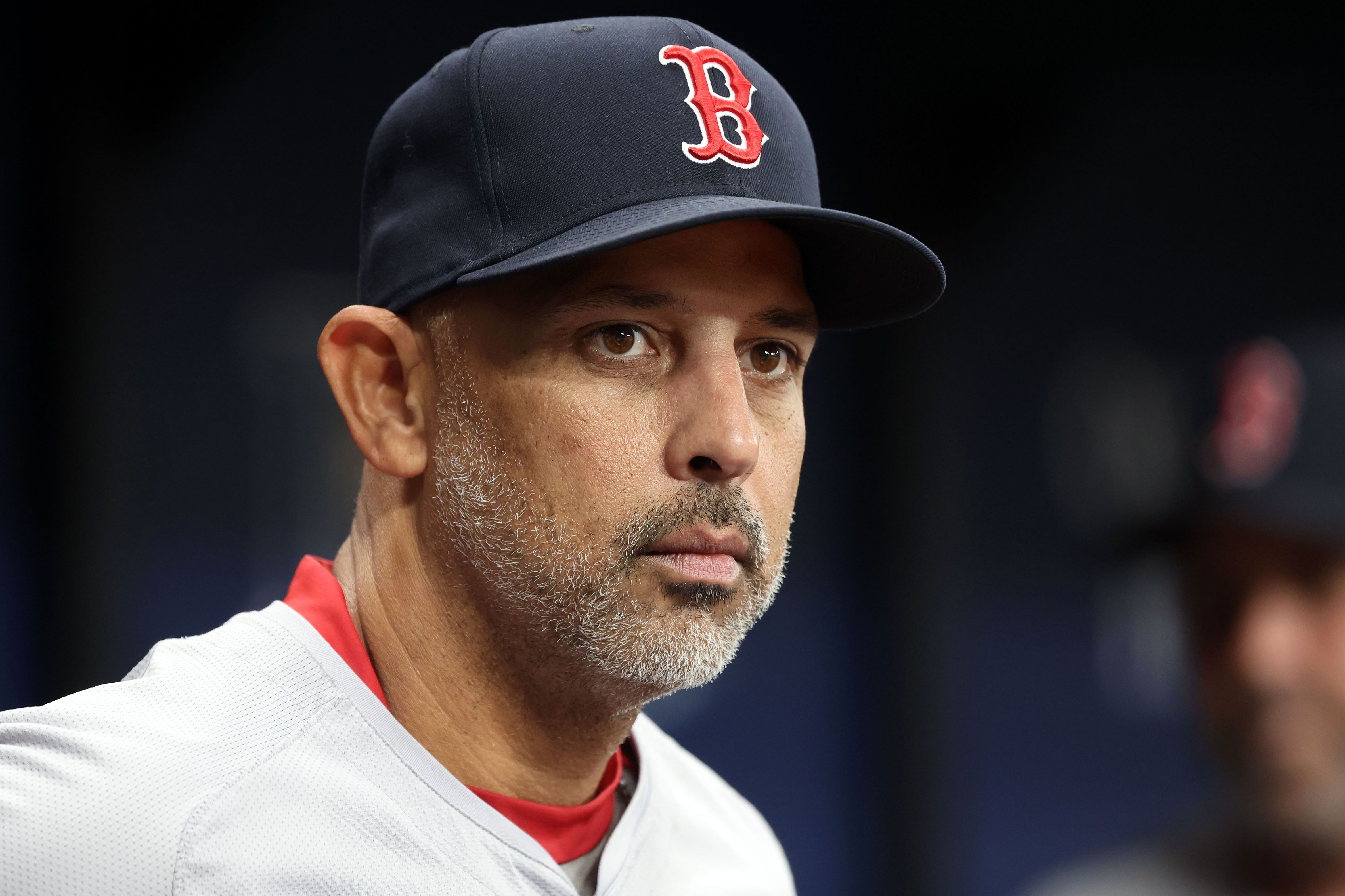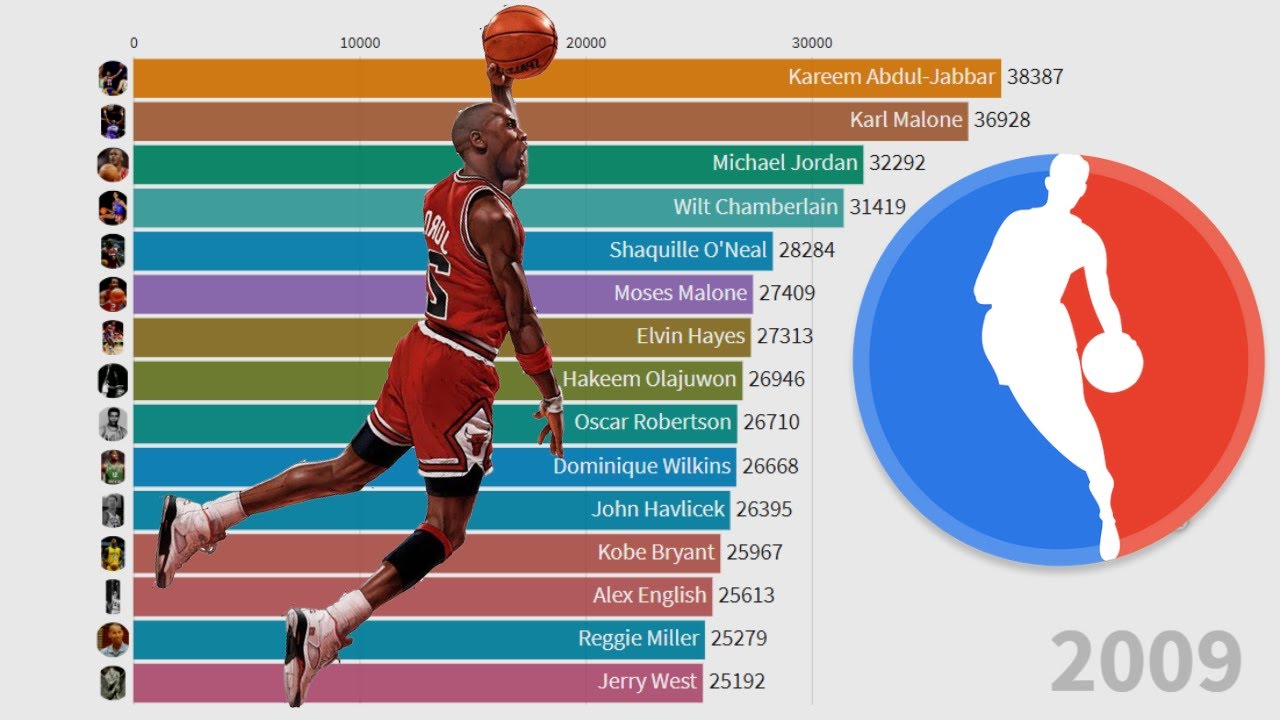Hollywood Production Halted: Joint Strike By Writers And Actors

Table of Contents
Key Demands of the WGA and SAG-AFTRA
The WGA and SAG-AFTRA's joint strike is driven by a multitude of critical issues affecting the livelihoods and working conditions of writers and actors. Their demands center around fair compensation, creative control, and improved benefits in an era rapidly reshaped by streaming services and artificial intelligence.
Fair Compensation and Residuals in the Streaming Era
The traditional Hollywood compensation model, heavily reliant on residuals from broadcast television, has been severely disrupted by the rise of streaming platforms. Writers and actors often receive significantly less for streaming projects than they would for comparable network television work. This disparity is a core driver of the strike.
- Demand: Significant increases in minimum pay across all platforms.
- Demand: Fair and transparent revenue-sharing models for streaming projects, reflecting actual viewership.
- Demand: Improved residual calculations to accurately reflect the value generated by streaming platforms.
Examples abound of actors and writers receiving paltry sums for enormously popular streaming shows, highlighting the broken system the unions aim to fix. The current model, they argue, fails to fairly compensate creatives for their work in the digital age.
Protecting Creative Control and Preventing AI Exploitation
The increasing use of artificial intelligence (AI) in scriptwriting and performance capture poses a significant threat to the jobs and creative control of writers and actors. Both unions are demanding safeguards to prevent the unchecked exploitation of their skills by AI technologies.
- Demand: Strict limitations on the use of AI in writing scripts and generating storylines.
- Demand: Regulations on the use of AI in performance capture and the creation of digital likenesses.
- Demand: Guarantees that AI will not replace human writers and actors.
The unions argue that AI poses a direct threat to their livelihoods and the integrity of their creative work. Without safeguards, they fear AI could devalue their skills and lead to mass unemployment.
Improved Healthcare and Pension Plans
The existing healthcare and pension plans for writers and actors are inadequate to meet the rising costs of living and healthcare in today’s economy. The unions are demanding substantial improvements to ensure the long-term financial security of their members.
- Demand: Significant increases in healthcare benefits and coverage.
- Demand: Strengthening of pension plans to ensure financial security in retirement.
- Demand: Increased transparency and accountability in the management of these benefit plans.
Statistics show that healthcare costs continue to rise dramatically, leaving many members struggling to afford adequate care. Similarly, the long-term sustainability of the pension plans is threatened without substantial improvements.
Impact of the Strike on Hollywood Production
The impact of this joint strike on Hollywood is immense and far-reaching, affecting nearly every aspect of production.
Production Shutdowns and Delays
The strike has brought virtually all film and television production to a standstill. Major studios have been forced to postpone or cancel numerous projects, affecting thousands of jobs beyond just writers and actors.
- Affected Projects: Numerous high-profile films and television series, including major franchises, have faced production delays or cancellations.
- Economic Impact: The economic losses to the industry are already substantial and continue to mount daily. Estimates of billions of dollars in lost revenue are circulating.
Economic Ripple Effects Beyond Hollywood
The consequences extend far beyond Hollywood studios. The strike affects numerous related industries, causing economic hardship for workers in various sectors.
- Affected Industries: Catering, transportation, location services, and many other businesses reliant on film and television production are experiencing significant revenue losses.
- Job Losses: The ripple effect is causing job losses in related industries, impacting local economies in areas that rely on Hollywood production.
Impact on Consumers and Viewers
The strike directly impacts consumers through delays in the release of anticipated projects and a reduction in new content.
- Delayed Releases: Viewers face postponements of favorite shows and highly-anticipated films.
- Content Scarcity: The lack of new productions will likely lead to changes in viewing habits and potential platform switching.
Potential Resolutions and Negotiations
The resolution of this strike hinges on successful negotiations between the unions and the Alliance of Motion Picture and Television Producers (AMPTP).
The Negotiating Process and Key Players
Negotiations between the unions and the AMPTP are complex and involve numerous key players on both sides. Reaching a compromise requires significant give-and-take, and the process has been marked by significant challenges.
Potential Outcomes and Scenarios
Several scenarios could unfold. A swift resolution is possible if both sides find common ground, but a prolonged stalemate remains a possibility, leading to even greater economic consequences. The outcome will significantly impact the future of labor relations in Hollywood.
Conclusion: The Future of Hollywood Production and the Ongoing Strike
The joint strike by the WGA and SAG-AFTRA has brought Hollywood Production Halted to a near standstill. Their demands for fair compensation, protection from AI exploitation, and improved benefits are crucial for the future of the industry and the livelihoods of those who create its content. The long-term implications for the entertainment industry, the wider economy and consumer viewing habits are significant and remain to be seen. To stay informed about the strike’s progress and the ongoing negotiations, follow updates from the WGA and SAG-AFTRA websites. Supporting the writers and actors in their fight for fair treatment is vital for the future of Hollywood and quality entertainment.

Featured Posts
-
 Red Sox Lineup Shakeup Casas Demoted Struggling Outfielder Returns
Apr 28, 2025
Red Sox Lineup Shakeup Casas Demoted Struggling Outfielder Returns
Apr 28, 2025 -
 Aaron Judges Record Tying Feat Matching Babe Ruths Yankees Legacy
Apr 28, 2025
Aaron Judges Record Tying Feat Matching Babe Ruths Yankees Legacy
Apr 28, 2025 -
 Understanding The Signs Of A Silent Separation Is Your Relationship Ending Quietly
Apr 28, 2025
Understanding The Signs Of A Silent Separation Is Your Relationship Ending Quietly
Apr 28, 2025 -
 Espns Bold Take Predicting The Red Soxs 2025 Season Performance
Apr 28, 2025
Espns Bold Take Predicting The Red Soxs 2025 Season Performance
Apr 28, 2025 -
 75
Apr 28, 2025
75
Apr 28, 2025
Latest Posts
-
 Celtics Unlikely 40 Point Performances A Rare Feat In Nba History
May 12, 2025
Celtics Unlikely 40 Point Performances A Rare Feat In Nba History
May 12, 2025 -
 Celtics Secure Division Title With Impressive Win
May 12, 2025
Celtics Secure Division Title With Impressive Win
May 12, 2025 -
 Two Celtics Players Unexpectedly Score 40 Points Each A Historic Night
May 12, 2025
Two Celtics Players Unexpectedly Score 40 Points Each A Historic Night
May 12, 2025 -
 Celtics Clinch Division Dominant Victory Over Opponent
May 12, 2025
Celtics Clinch Division Dominant Victory Over Opponent
May 12, 2025 -
 Payton Pritchards Childhood Influence On A Significant Career Moment
May 12, 2025
Payton Pritchards Childhood Influence On A Significant Career Moment
May 12, 2025
